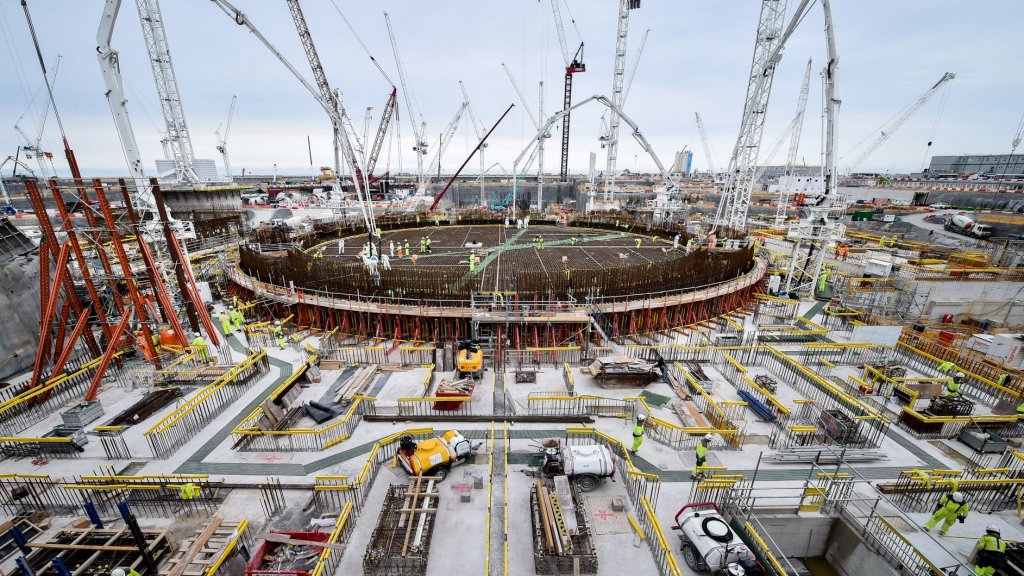
The UK is now the most expensive country in the world to build nuclear infrastructure, according to a new government-commissioned review that argues the system regulating the sector has become overly complex, risk-averse and slow.
The Nuclear Regulatory Taskforce, set up to assess barriers to delivery, published its Nuclear Regulatory Review 2025 with a stark conclusion: the UK’s civil and defence nuclear programmes are routinely delayed and significantly over budget, and regulation is a major contributor to those problems.
The taskforce notes that the UK, once a pioneer of nuclear technology, has seen its competitiveness erode. The report says that rising regulatory complexity and fragmented oversight have created “systemic problems” that hinder progress and inflate costs.
Its findings draw on recent experience from major projects including Hinkley Point C and Sizewell C, both of which have seen substantial price increases and timetable slippage. Hinkley’s estimate has risen from £25–26 billion (in 2015 prices) to £31–34 billion, with completion of its first unit now not expected before 2029–2031. Sizewell C’s projected cost has almost doubled in four years to about £38 billion.
The taskforce says problems run throughout the system, from legislation and regulatory culture to government decision-making and industry incentives. It identifies five main issues:
The review argues that these factors create a cycle of delay, cost escalation and declining confidence. It recommends 47 reforms, including simplifying environmental and planning rules, reducing duplication among regulators and establishing a central “one-stop shop” for nuclear decision-making.
One headline proposal is the creation of a Commission for Nuclear Regulation, which would bring together several oversight bodies and streamline approvals. The taskforce also recommends merging the Defence Nuclear Safety Regulator into the Office for Nuclear Regulation, and curbing protracted legal challenges that have slowed projects in the past.
Taskforce chair John Fingleton writes in his foreword that three cultural issues are driving high costs: a regulatory system that punishes failure but cannot reward success, a fixation on process over results and weak incentives to maximise public value.
Some in the sector argue that high upfront costs are partly inherent to first-of-a-kind projects. Zoe Stollard, partner at law firm Browne Jacobson, said efficiencies and learning curves should help bring down costs over time, but warned against cutting corners. She stressed that “robust safety measures” are essential and that safety investment should be viewed as a long-term safeguard rather than a constraint.
Government ministers say reform is essential if the UK is to meet its ambitions for a nuclear revival. Energy Secretary Ed Miliband described the sector as entering a “golden age” and said reforms would be needed to ensure new projects are delivered “safely and affordably”. Defence Minister Luke Pollard highlighted the strategic importance of the UK’s nuclear programmes and the need for coordinated effort across government and industry.
Industry bodies responded positively to the prospect of streamlining regulation. Tom Greatrex, chief executive of the Nuclear Industry Association, said the report offered “an unprecedented opportunity” to make regulation more coherent and efficient while maintaining high safety standards.
The regulator itself, the Office for Nuclear Regulation, said it had worked closely with the taskforce and is ready to adopt improvements that remove unnecessary burdens while protecting safety.
The team behind Sizewell C also welcomed the findings, saying a more pragmatic, outcome-focused approach would help deliver major projects more efficiently and provide better value for consumers.
The government is expected to consider the taskforce’s recommendations as part of wider plans to expand nuclear generation and strengthen energy security.